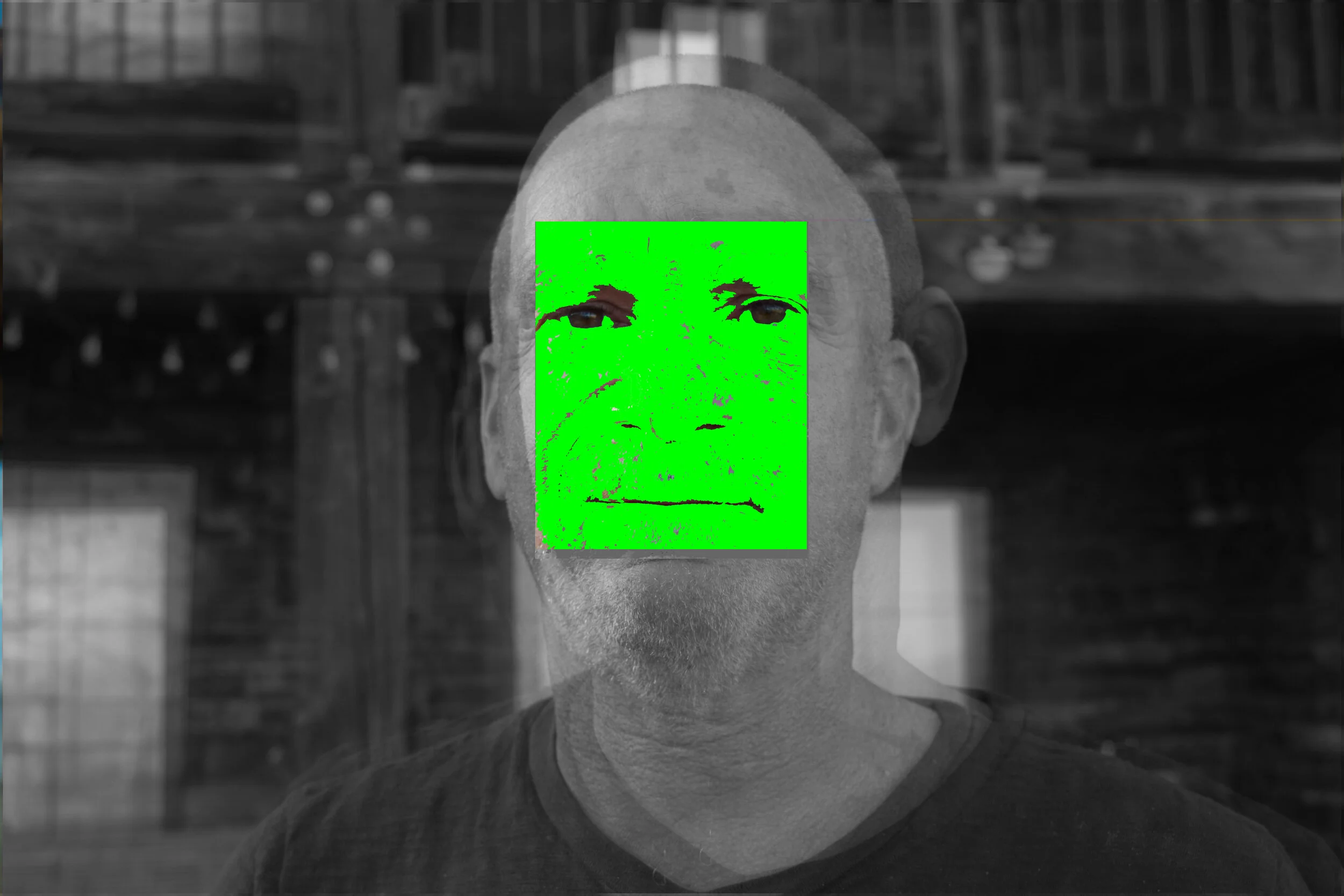No 2: THE SAME FACE IN PROFILE (I LOVE YOU SO)
PHOTO BY LUCIA AUERBACH
REBECCA KOPELMAN
Your mother tenderly works at the splinter under the thin surface of your hand.
You used to run your tiny hands along rough tree trunks in the park, and hide your inflamed palms from her for weeks at a time because you so hated the feeling of tweezers under your skin.
“Remember when I was little?” you ask, “remember when I was afraid?”
She remembers; you can feel it in the way she winces while digging the tweezers into you, in the way she sighs at your red-brimmed eyes. She loves you more than anything–you can feel that, too. She loves you enough not to ask how you injured yourself (you’re not entirely sure, and embarrassed at your forgetfulness), not to ask why you’re losing so many friends and always looking up at her like you did when you were small, why you insist tugging at her sleeve and asking to accompany her wherever she goes.
She holds your swollen hand in hers, miming roughness, miming cruelty in her stabbing at the wound, but only coming out with gentleness. Her breath is warm on your forehead, and you remember when she used to fall asleep in your bed. It sometimes makes you ache, the way you care for her. The way you miss her, somehow.
She most likely knows about the half tab in your dresser, the cigarettes you touch to trembling skin when nothing else seems real. She knows, and she forgives you. And you forgive her for forgiving you.
Maybe in ten years, you’ll laugh at this. Maybe you’ll be okay like she said, and maybe your father will have written his novel about his father, and maybe some inherited neuroticism on the Jewish side of you will have untangled itself and you will be as undamaged as you were when you were little. When you were afraid.
You can’t quite manage fear anymore–only a melancholy that might’ve been poetic if it were happening to anybody else. For you, it’s just a pain to have such shaky hands, such grotesquely defined collarbones, such dim eyes. It’s hard for you to even hold onto a cigarette without it blowing away. You miss being afraid.
Once she’s removed the offending twigs from your body, your mother lurches in to kiss the broken skin, only to stop herself, laughing at the juvenile instinct. You can only smile softly, embarrassed at the tears stinging at the corners of your eyes. You want to hold her, to apologize (for what?), to tell her everything (what’s there to tell?) to allow her your shoulder, should she need it to cry on (why would she lend you that privilege?). You want to be of use, to be with her forever, to be less fragile so that she doesn’t need to bandage you so frequently.
She leaves the room while you’re trying to articulate whatever it is that’s welling up in your throat, and you can only let out an animal whimper as she closes the door.
She loves you enough to leave you be.
*****************************************************************************
Your father drives you to the nursing home the next day, to visit your dying grandmother. Nothing is specifically wrong with her, but she wants very badly to be dead and you’re all sure her wishing will pay off soon enough.
She’s just returned from another hospital visit (theoretically meant to check on the bones upon which she’s collapsed a great many times, in reality, to avoid the nursing home having to face any liability for her death).
This unfeeling function of bureaucracy has left her worse off than ever, and her eyes seem even more cobwebbed than they did the last time you visited. She is lonely inside of herself, adrift in her own wrinkled skin.
“You have such soft hands,” she tells you, gripping your palm between hers as if in prayer, “like a baby’s.”
“Thanks,” you say, then again, louder, because she didn’t hear you and your father is gesturing for you to speak up, “Thanks, it’s because I haven’t worked a day in my life.”
Your father repeats the joke, and she only looks at the two of you blankly.
You all have the same aquiline nose, which protrudes from your high foreheads and then recesses into weak chins. It only seems to make sense on your father’s face. Three generations of the exact same face in profile, two frozen in perpetual expectancy, the other resigned to perpetual confusion.
She insists on referring to the hospital room in which she stayed as “the cabin.” You wonder whether there’s a metaphor in there somewhere–though that might depend on what breed of cabin was being implied. Was it the sort of cabin that one might see on a boat, a seasick and churning bed set tediously upon a roiling ocean (minus the captain’s log), or was it a peaceful, remote, log sort? Or maybe she’s just old and her mind sometimes picks out the word “cabin” when she means room; maybe she shouldn’t be subject to your clumsy high-school English class scrutiny; maybe she’s been through enough already.
*****************************************************************************
That night, in an attempt to be useful, your father slices his middle finger open while trying to cut an apple. Your mother wipes the blood off the white flesh of the apple, then directs your father to hold his reddening finger under the faucet while she gets him a bandage.
As his wife scurries off, your father looks to you sheepishly, cradling his stiff hand to him like a small animal’s corpse. “This is what I get for trying to do something for myself,” he says, examining the shallow cut. Then, softer, “When did I become so useless?” You can only shrug, and watch while your mother gingerly fixes him up.
*****************************************************************************
